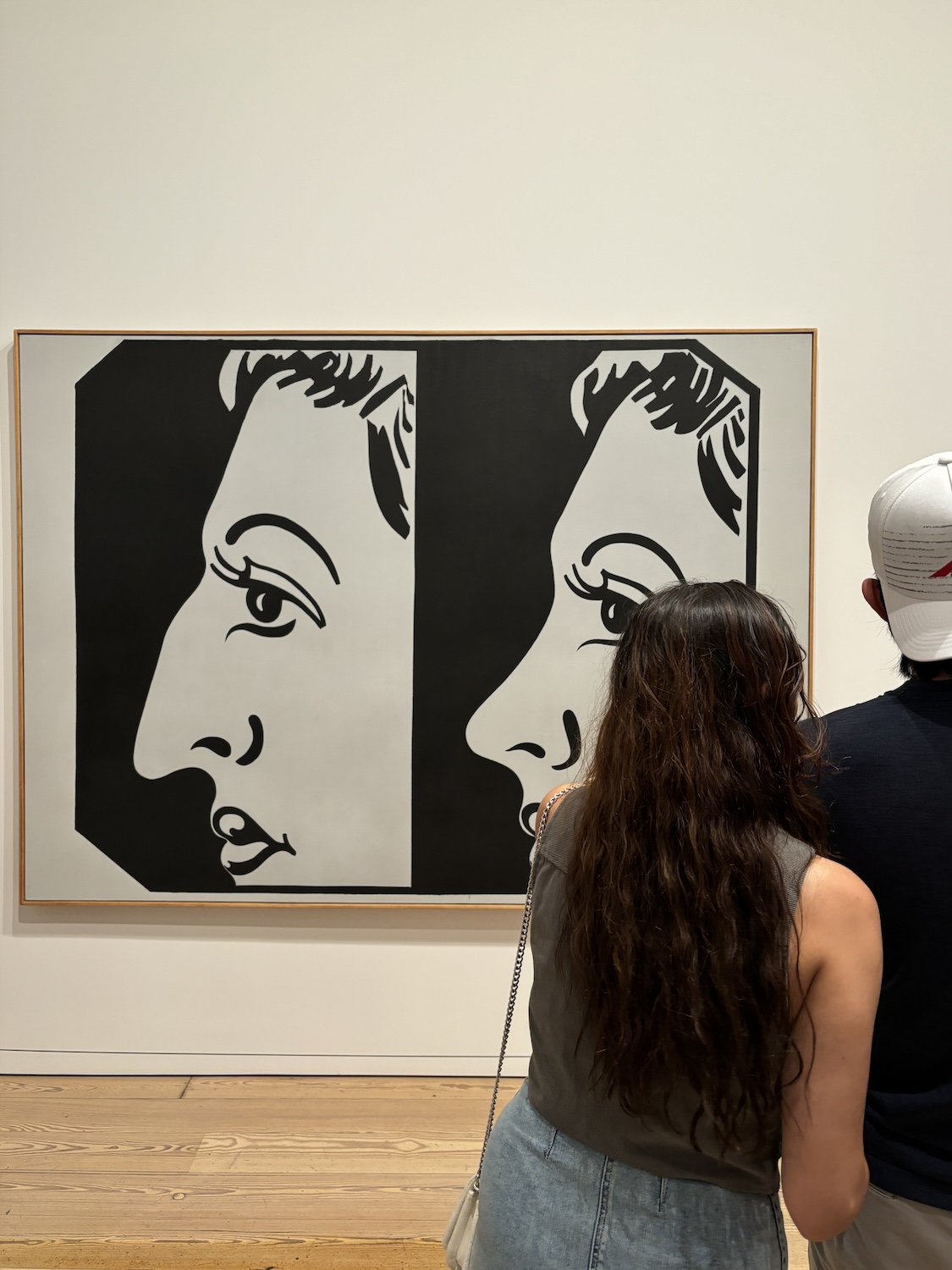Survival Piece #5, Portable Orchard: A Visionary Installation at the Whitney Museum
The Whitney Museum’s latest exhibition, Survival Piece #5: Portable Orchard, revives a seminal work by Helen Mayer Harrison (1927–2018) and Newton Harrison (1932–2022), pioneers in environmental art. Originally conceived in the early 1970s, this living artwork reflects the Harrisons’ foresight in addressing the fragility of our planet’s ecosystems and the pressing need for sustainable food production.
Portable Orchard is part of the Harrisons' Survival Pieces series, a collection of seven works - from a hog pasture to a shrimp farm - that each propose alternatives to existing food systems. This particular piece, created in response to the declining citrus groves in Orange County, California, during the 1970s, due to increased pollution, offers a striking vision of an indoor orchard. With its 18 live citrus trees nestled in self-contained planters and illuminated by individual lighting systems, the installation demonstrates a survivalist approach to sustaining life in an increasingly inhospitable environment.


The Harrisons' approach to art was deeply rooted in cross-disciplinary research, combining their backgrounds in education and sculpture to create projects that served as both artworks and environmental manifestos. Their Survival Pieces were not only creative endeavors but also calls to action, urging viewers to reconsider the sustainability of contemporary food production methods. The work resonates even more today as global environmental challenges continue to mount.
The exhibition includes detailed instruction drawings and archival materials from the Harrisons' original installation, offering insight into their meticulous planning process and the broader ecological concerns that drove their work. These materials highlight the Harrisons’ dedication to creating art that was both aesthetically compelling and functionally instructive, embodying their belief that art could—and should—play a role in addressing the world’s most urgent problems. As the citrus trees in Portable Orchard grow and fruit over the coming months, visitors are invited to reflect on the ongoing relevance of the Harrisons' work and the implications of our current lifestyle for the future.
After strolling through the Portable Orchard, we invite you to take a moment to explore the Whitney Museum’s remarkable collection: iconic pieces from artists like Georgia O’Keeffe, Andy Warhol, Alexander Calder, Jacob Lawrence and Edward Hopper. Founded in 1930 by Gertrude Vanderbilt Whitney, the museum was born out of a passion for supporting living American artists at a time when modern art in the United States was often overlooked in favor of European works. Whitney's vision was to create a space where emerging artists could thrive, a museum acting as a beacon for artistic innovation: an ideal still vibrant to this day.
Portable Orchard, on show at The Whitney Museum of American Art until January 5th 2025






